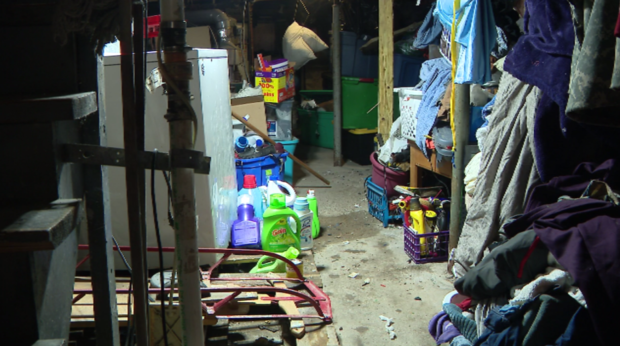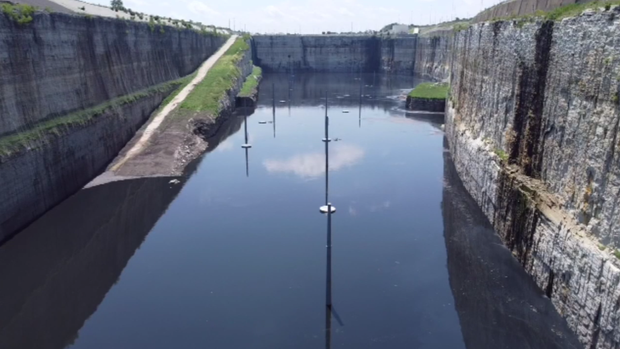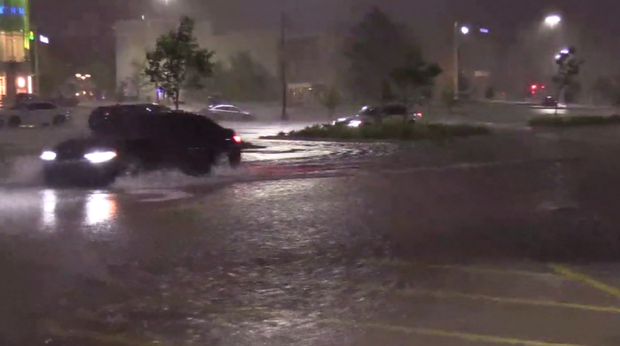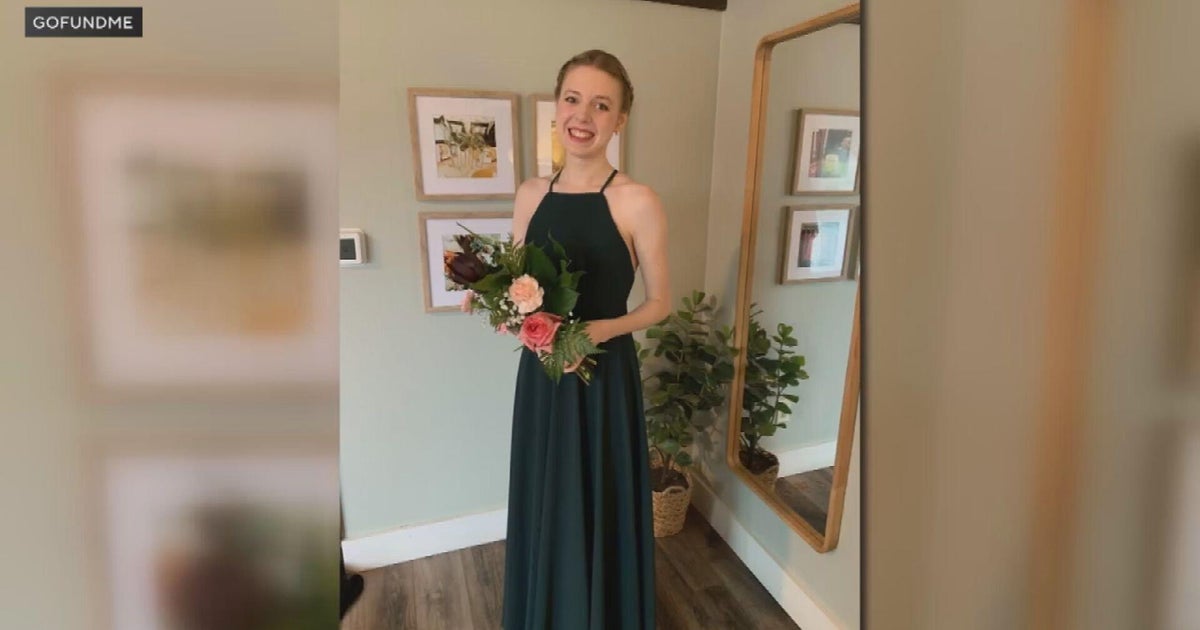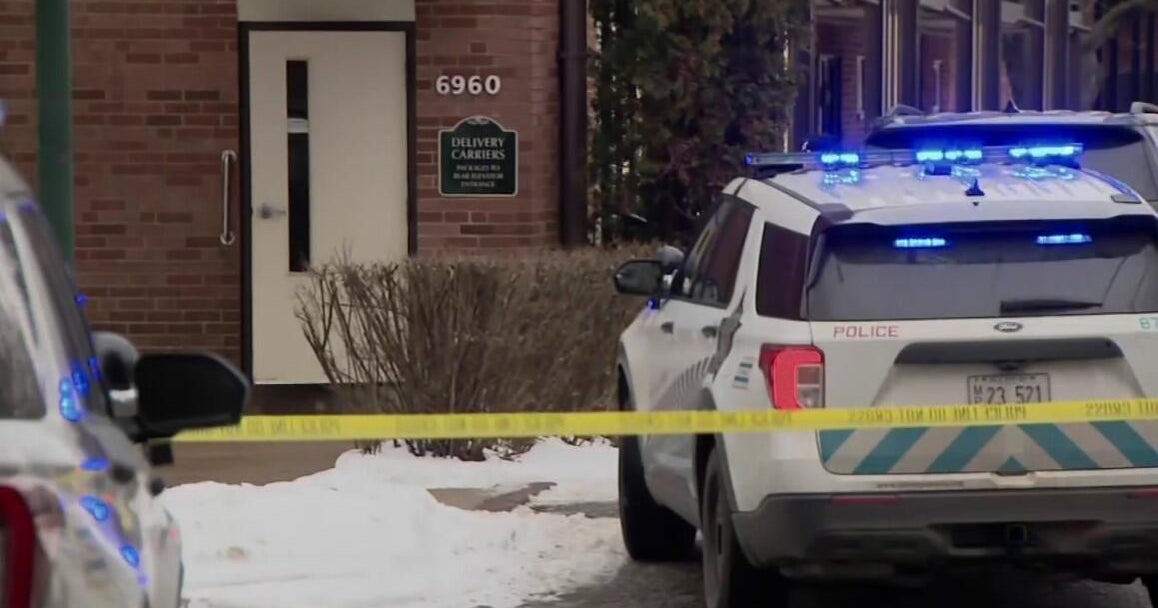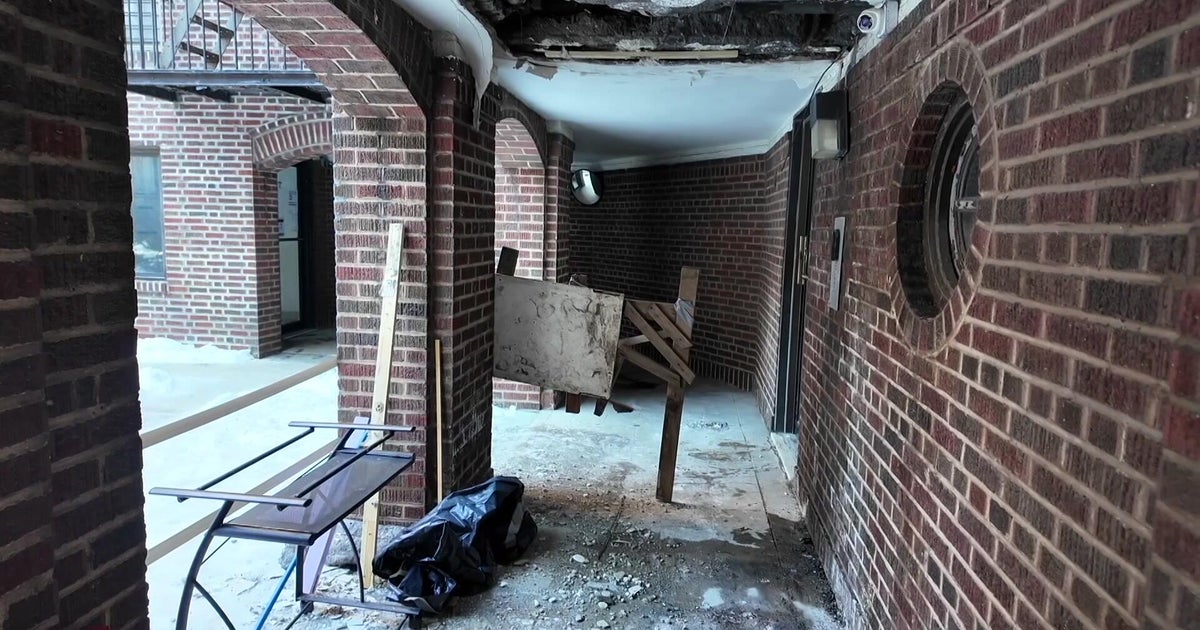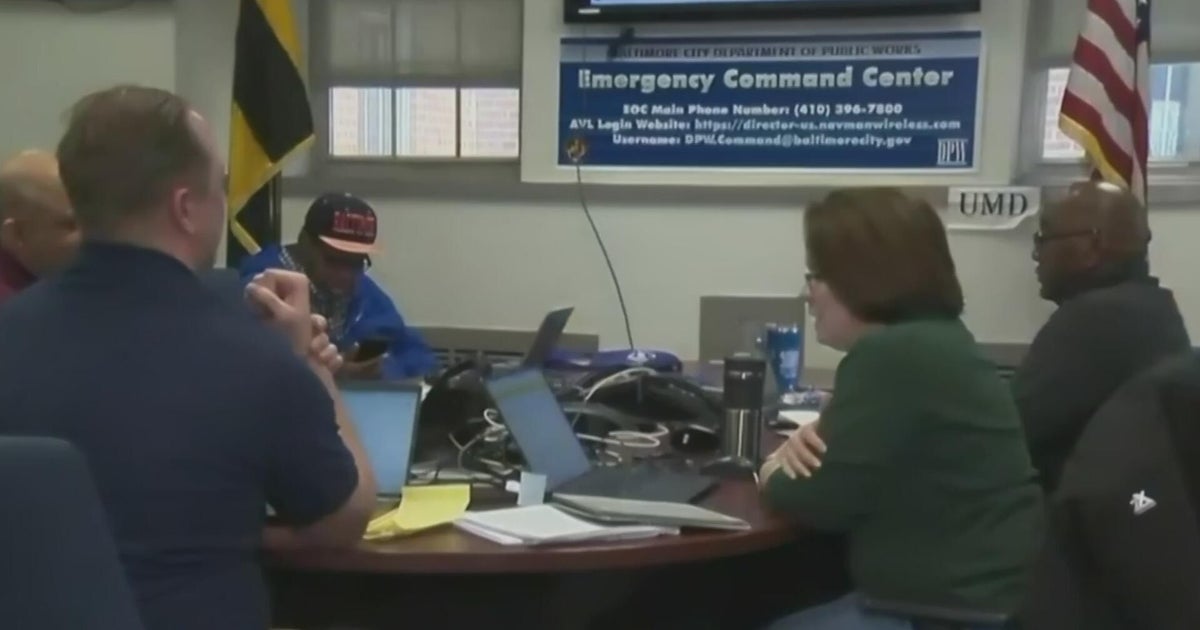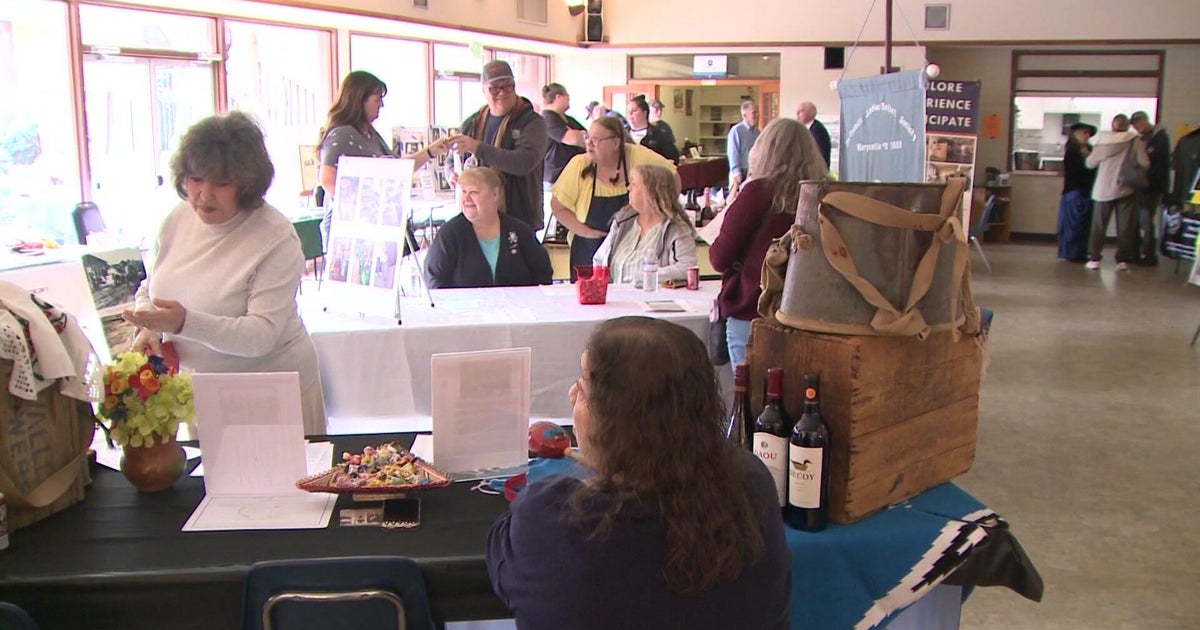As major flooding events become more common in Chicago, a search for solutions
CHICAGO (CBS) -- Basement flooding is a nuisance many Chicagoans have to deal with and it turns out climate change is making such an occurrence more likely.
CBS News Chicago's Climate Watch team investigated how much worse the smelly problem is getting, and what the agency tasked with managing floodwater is doing about it.
Austin resident Ruth Jones recalled one day when she and her family were celebrating her mother's birthday. Then, it started raining.
It was July 2, 2023.
"Water was just coming down the alley," she recalled. "So much water. It smelled like sewage like it had sewage in it."
Family heirlooms were destroyed, and the memories were erased.
Jones said she was told there was about $15,000 worth of damage. More than a year later, she was still waiting on repairs. She's concerned about mold.
She's been having lung problems, which she didn't have before the flood.
"Every week, I'm going for a lung test," Jones said.
Scott Lincoln, a hydrologist at the National Weather Service, has found that climate change is making extreme rain events more common in Chicago. He said July of 2023 was a particularly bad month for floods in the city's history. The city saw a peak rainfall estimated up to about 9 inches.
Lincoln said about 50 years ago, the Chicago area would see such extreme rain events maybe once a decade, but now, they're happening two or three times a decade.
"Railroads and streets and sewers that may have been built 50 to 100 years ago were all built when quote, unquote 'the big rain event' was something different than it is today," he said. "And that has consequences for [if they're] actually gonna be able to pass that rainwater the way that they used to?"
Enter the Deep Tunnel Project, about 50 years in the making. It diverts stormwater during heavy rain events underground and into massive reservoirs like the McCook Reservoir, which has the space equivalent to about 22 Soldier Fields.
Kari Steele heads up the Metropolitan Water Reclamation District where they treat wastewater and manage stormwater.
Last July, her system was overwhelmed.
"We know of no sewer system in the world that could have handled that extreme rain event in that short amount of time," Steele said.
When the tunnels filled up, 1.1 billion gallons of rainwater and sewage spilled into Lake Michigan, the source of Chicago's drinking water. It was a combined sewer overflow that increased emergency room visits for water-borne illnesses, according to research from the University of Illinois Chicago.
"As the environment changes, we have to keep building to change with it," Steele said.
But is the agency building fast enough?
Another reservoir is under construction next door to McCook that will hold 50% more water, but it won't be open for another five years. Steele said the current system is built to handle approximately two inches of rain, spread across for one rain event.
Lincoln said it's "actually quite common" to get 2 inches of rain. During a 3-inch event, MWRD said that amount would cause an overflow in its system.
"About a century ago, that 3-inch rain had about a one in 13 chance of happening in a given year," Lincoln said. "And today, it's a one in four chance."
Still, Steele said she believes the MWRD is doing enough to keep up with the super-charged rain events being seen due to climate change. But what would she say to those frustrated residents whose basements and homes keep getting flooded during such events?
"I would say that we understand the importance and, no doubt we're working extremely hard to make sure constituents, residents of Cook County do not have to experience that anymore," she said.
As for residents like Jones, they're left with devastating results.
"We gon do what we can do with our little pension and a little money we got saved," she said. "That's all we can do."
The MWRD said residents can take steps at their home to prevent more localized sewer backups, like hooking up their gutter downspout to a rain barrel to capture stormwater. The district also has ongoing projects to slow down stormwater runoff like installing rain gardens and pavement that soaks up water at 34 local schools.

